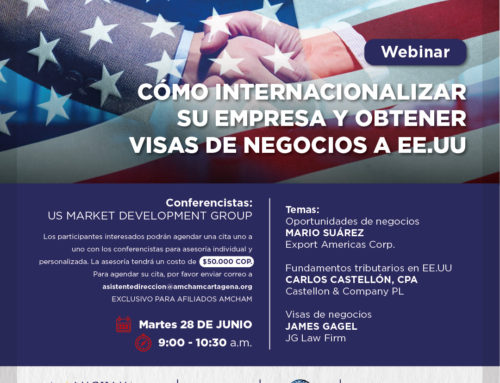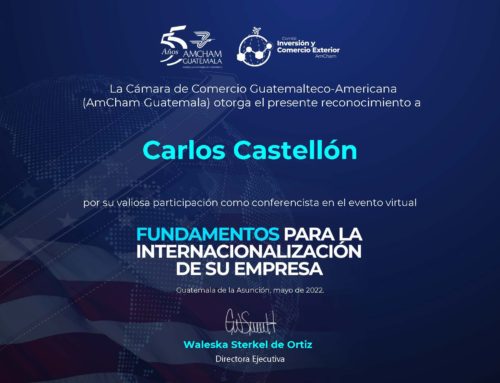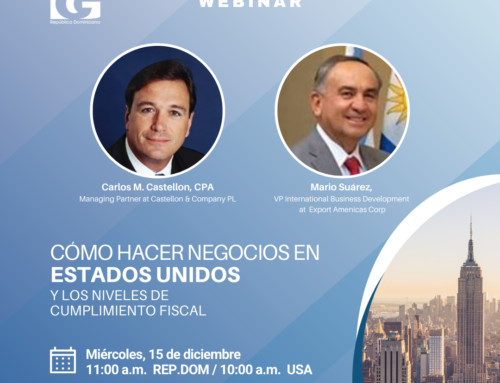On July 1, the President signed into law the Taxpayer First Act of 2019 (the Act) (P.L. 116-25), which changes the management and oversight of IRS with the aim of improving customer service and the process for assisting taxpayers with appeals; modifies IRS’s organization; and provides some new safeguards to taxpayers in their interactions with IRS. As this article explains, the President’s signature sets the effective date of those of its provisions that have an effective date geared to the July 1, 2019 date of enactment, including these more widely applicable provisions:
Establishment of IRS Independent Office of Appeals. The Act codifies the requirements of an independent administrative appeals function at IRS (these rules had been carried in IRS’s internal rules). In so doing, it renames the IRS Office of Appeals as the IRS Independent Office of Appeals (Independent Appeals)
The new rules require that the administrative case file referred to Independent Appeals be available to certain individual and small business taxpayers. Eligible taxpayers are those that, for the tax year to which the dispute relates, are: (1) individuals with adjusted gross incomes not exceeding $400,000, and (2) entities with gross receipts not exceeding $5 million for the tax year. (Code Sec. 7803(e)(7))
Where IRS has issued a notice of deficiency to a taxpayer, IRS must prescribe notice and protest procedures for taxpayers whose request for Independent Appeals consideration is denied. (Code Sec. 7803(e)(5))
The Independent Appeals rules are generally effective on July 1, 2019, except with regard to the change allowing taxpayer access to case files, which is effective for cases in which the conference occurs more than one year after July 1, 2019. (Act Sec. 1001(e))
Comprehensive customer service strategy. The Act requires IRS to develop a comprehensive strategy for customer service, to submit such plan to Congress not later than July 2, 2020 (the date which is one year after the date of enactment), and to make the plan and training materials available to the public within two years of that date.
The strategy will include, among other things, a plan to determine appropriate levels of online services, telephone call back services, and training of employees providing customer services, based on best practices of businesses and designed to meet reasonable customer expectations. (Act Sec. 1101)
John Doe summonses. Effective for summonses served after Aug. 15, 2019 (the date that is 45 days after the date of enactment), the Act prevents IRS from issuing a John Doe summons (one that doesn’t identify the taxpayer) unless the information sought to be obtained is narrowly tailored and pertains to the failure (or potential failure) of the person or group or class of persons referred to in the statute to comply with one or more provisions of the Code which have been identified. (Code Sec. 7609(f), as amended Act Sec. 1204(a))
Taxes collected by private collection agencies. As part of its revision of the rules allowing for tax debts to be collected by private debt collection agencies, the Act provides that, effective for contracts with private collectors that are entered into after July 1, 2019, a qualified tax collection contract is one that (among other requirements) requests full payment from a taxpayer of federal taxes due, and, if such request cannot be met by the taxpayer, offers the taxpayer an installment agreement providing for full payment of the taxes due during a period not to exceed 7 years (had been 5 years under prior law). (Code Sec. 6306(b)(1)(B), as amended by Act Sec. 1205(c))
Notice to taxpayer of IRS contact with third party. Effective for notices provided, and contacts of persons made, after Aug. 15, 2019 (i.e., more than 45 days after the date of enactment), the Act provides that IRS may not contact any person other than the taxpayer with respect to the determination or collection of the tax liability of the taxpayer without providing the taxpayer with notice at least 45 days before the beginning of the period of the contact. This replaces a requirement that reasonable notice be provided “in advance” to the taxpayer. The period of contact may not be greater than one year. The Act requires that notice be provided only if there is a present intent at the time such notice is given for IRS to make such contacts. (Code Sec. 7602(c)(1), as amended Act Sec. 1206)






